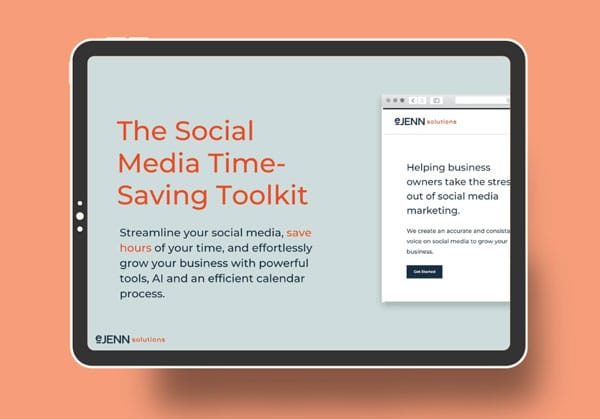Self-Love Is The Key To Everything
“[I started] just being mindful of what I put in my body. I stopped drinking because I think since my mom passed and other, you know, heartbreaks and things like that just led to me drinking more. And I recognized that I wasn’t drinking because I enjoyed drinking. I was doing it because I didn’t want to do deal with how I was feeling. So I had to get stripped down, you know, bare bones, butt naked, and look at myself and look at ways that I could really incorporate loving myself. The minute I stepped into that and said, ‘OK, I’m going to do this,’ it was like all these opportunities for me to talk about love and to help people understand why love is important. But starting with yourself first is important because we can’t love each other unless we love ourselves. People treat each other like crap because they don’t really love themselves.”
Think About What You Love And Do That
“So in all of those jobs, even in my teaching space, we did two things: sexual harassment and diversity training. People would go through these workshops and then they would go back to business as usual. We’d unpack all this stuff, but not really unpack it. We’d we’d gloss over why we’re not connected. [The workshop] didn’t really make you want to engage and think about how you show up in the world. It was just like, ‘OK, we’re all different. And we need to accept our differences,’ but that’s not really the point. So a part of me started stepping into my purpose. Love was just the catalyst. Then this workshop came to me. Literally. I woke up and half of it came to me in my sleep.”
Making Your Passion A Reality
The issue of diversity, equity, and inclusion has been an unresolved issue since the Civil Rights Act of 1866. Why, after 150 years of trying, haven’t we come to a final resolution? Because diversity has become divisive and pits us against each other in a “my difference is more important than yours” kind of way. Equity implies someone must “give up” something in order for someone else to “get” something. And inclusion assumes we need permission to belong, which strips us of our power and hands it over to someone else. All of this is driven by our personalities, background, culture, prejudices, biases, fears, and trauma — and fear and trauma are driving the car.
“DEI Done Differently is a heart-based approach to emotion-based work because we have been approaching DEI stuff intellectually. We’re not going to send people to read a book and then expecting them to figure it out on their own. It’s also not going to specifically make white people feel shame and blame because that’s not helpful. The whole point of the DEI work in the first place is to create a space that’s diverse, that’s equitable, and inclusive. And if you make the people who are supposed to be making that possible feel some kind of way about it, then yeah. They’re gonna check a box.”
“At the very base level of who we are, there’s more that connects us than separates us. And if we just allow ourselves to engage with people that have different points of view…if you sit long enough in the conversation, you will find commonality. So sitting through that discomfort and allowing the other person to be heard, because that is one basic need that we all have, we don’t have to change their mind. We don’t have to force them to feel the way we feel. Give them the space to say how they feel and stay in the conversation. And I guarantee you staying in the conversation will help you find commonality. And once you find that commonality, all the political, religious, whatever stuff that’s separating you will fall by the wayside. Then you’ll have a human interaction that will change your life. It’ll change your perspective on how you address people and move through your discomfort. You’ll be on the way to love and connection.”
